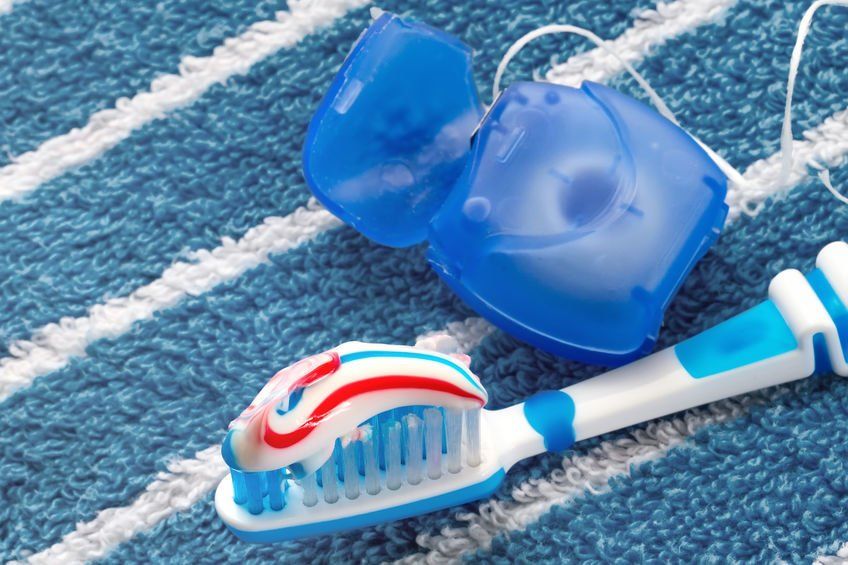Tips For Developing Great Oral Care Habits
- By Mary Marks
- •
- 16 Oct, 2019
- •

1. Brushing our teeth daily
As simple as it sounds, brushing our teeth for two minutes at least twice a day is mandatory. Most people do it in the morning but forget about brushing before bed. In order to keep our teeth healthy it is important to get rid of food and bacteria that accumulates between our teeth during the day.
2. Flossing regularly
Flossing every time we brush our teeth will ensure that we get rid of any bacteria stuck between them, helping prevent inflammation that leads to gingivitis.
3. Mouthwash
Consider including a mouthwash in your daily oral care routine, by doing so you will be able to reach spots that might be missed by simply brushing and flossing.
4. Regular checkups at the dentist
Seeing your dentist at least twice a year for a checkup is necessary in order to spot any inherent dental problems at an early stage, making them easier to solve.
5. Avoiding sugary and acidic foods
Limiting the consumption of sugary and acidic foods will minimize the damage they cause on the enamel, as well as your overall health.





Although oral sedation dentistry Highlands Ranch is one of the optionsavailable for managing anxiety and discomfort during oral surgery, you certainly do not need to use it all the time. As a matter of fact, the exact type of sedation or anesthesia that you receive during oral procedures may depend on various factors, such as the complexity of the procedure, your medical problems, as well as your doctor’s preferences.
There can be several different levels of sedation that can be used in oral surgery. Local anesthesia is one of them. This involves injecting anesthetic medication into the specific area where the surgery will take place. It numbs the area and is often used for less invasive procedures.
Oral sedation involves taking medication in the form of a pill to induce a state of relaxation and drowsiness. The patient is still conscious, but he/she may not be fully aware of the procedure. At any rate, sedation helps him/her get rid of anxiety.
In the case of intravenous sedation, medication is administered through a vein, which induces a deeper state of sedation than oral sedation. Patients may still be conscious, but they are less aware of their surroundings and may not remember the procedure.





